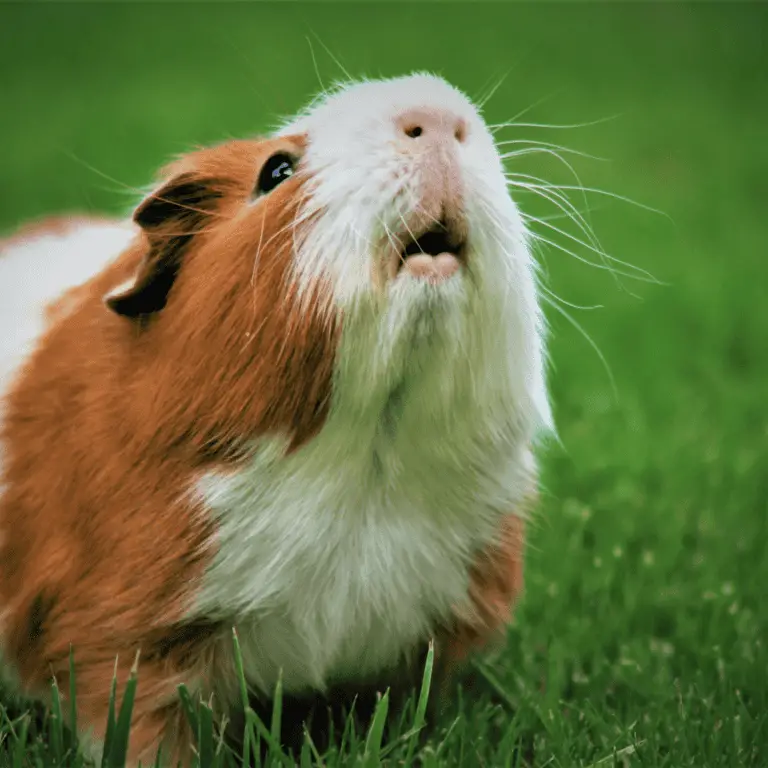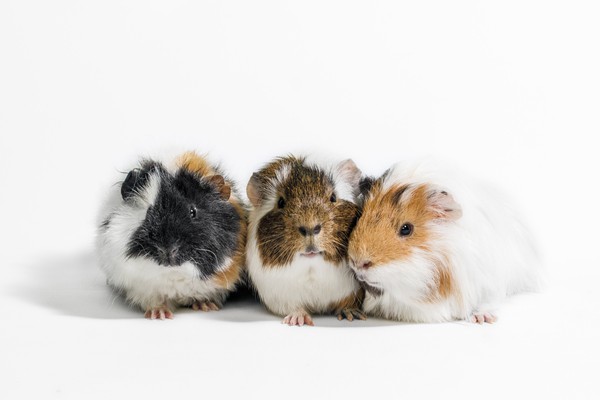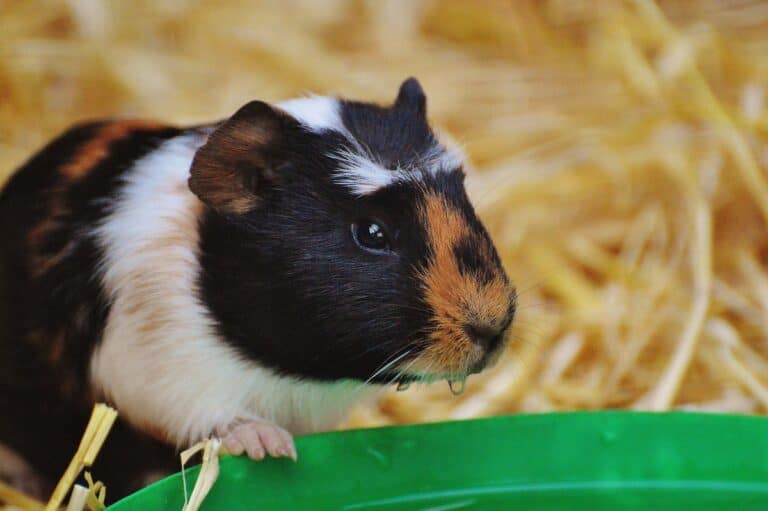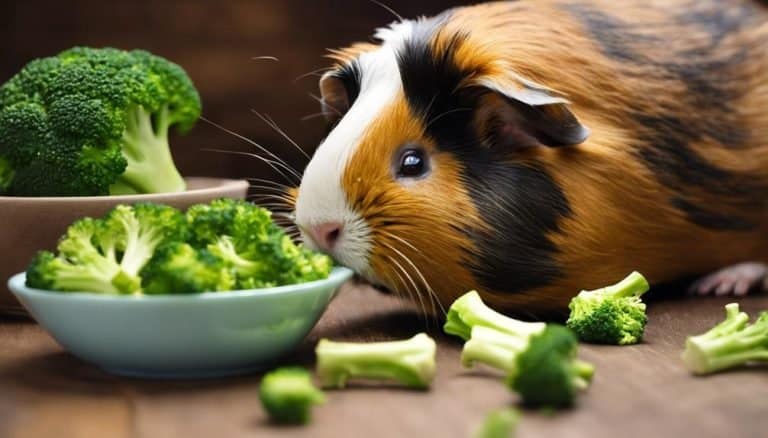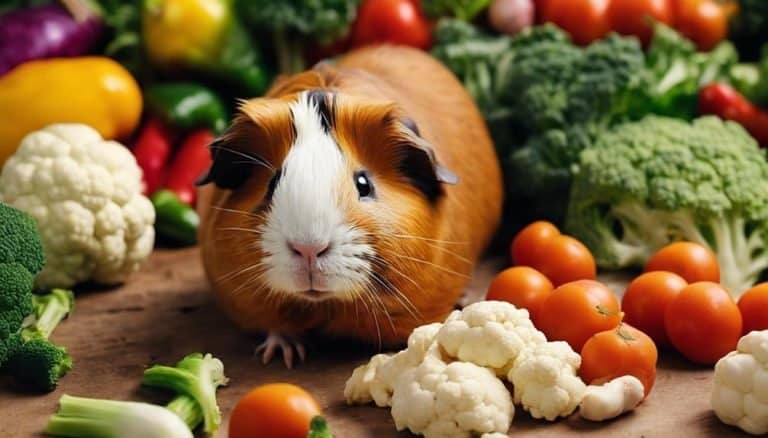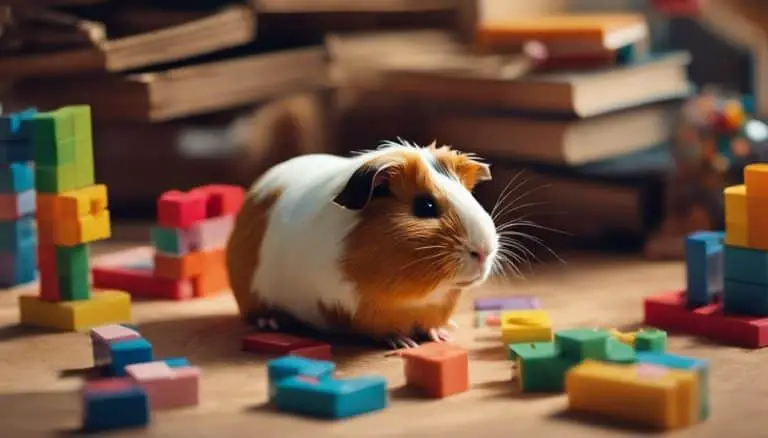where do guinea pig come from?
Guinea pigs are small rodents that belong to the family Caviidae, which includes other species such as capybaras, chinchillas and agoutis.
They have a stout body with short legs and rounded ears. Their fur can be short or long, and they come in a variety of colors including black, white, brown and red. Guinea pigs are social animals that enjoy interacting with their owners, so they make great companions!
Where Did Guinea Pigs Come From?
Guinea pigs come from the caviidae family, and the first members of the caviidae family appeared over five million years ago. They are a type of rodent that has since evolved into the guinea pigs we know today.
Guinea pigs have been domesticated for centuries and were prized as pets by ancient Incan, Mayan, and Aztec civilizations. They were also kept as food sources in some South American cultures.
While the exact origin of where guinea pigs come from is unknown, it is believed that they originated in the Andes Mountains in South America. Nowadays, guinea pigs are popular pets all around the world and provide companionship to their owners.
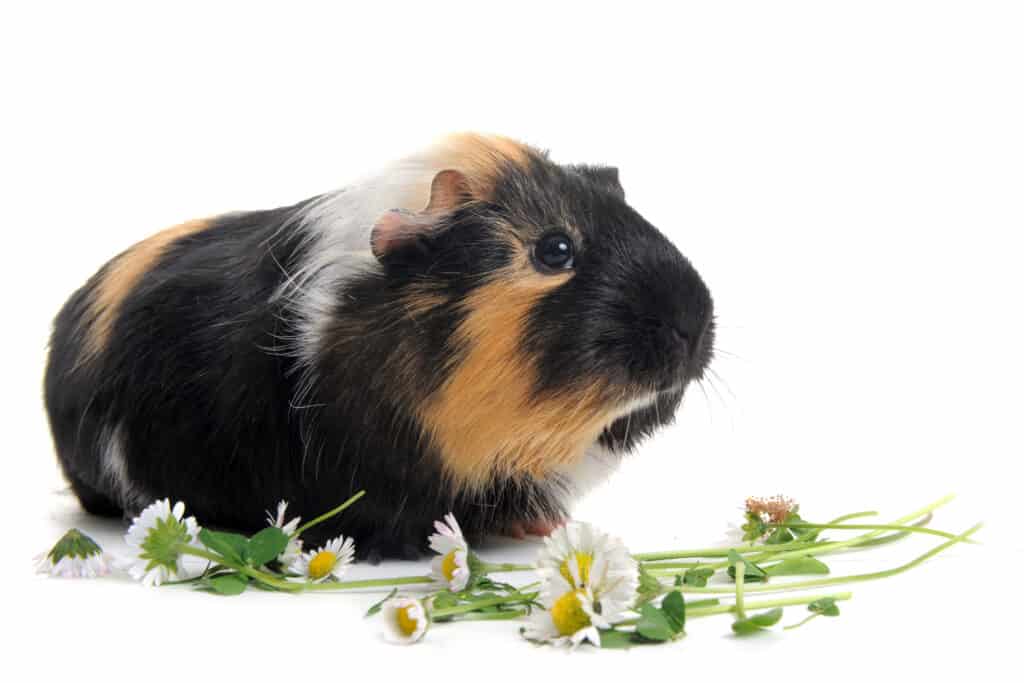
Where does the name “guinea pig” come from?
The origin of the name “guinea pig” is a bit of a mystery. One theory suggests that the name comes from 16th century traders in South America who used to bring pet guinea pigs to Europe for trading.
Because these animals had large heads, they were referred to as “ginee pigs”, which eventually became “guinea pigs”.
Another popular theory is that the name was derived from the price of the animal, which was one guinea (or one pound sterling) during this period. Whatever its origin, the term “guinea pig” has been used to refer to these small rodents since at least the early 1600s and has become part of our common vernacular ever since.
Guinea Pig Classification
Guinea pigs, also known as cavies, are small rodents that have been domesticated by humans for thousands of years.
Guinea pig classification is based on the scientific name of the animals, which is Caviidae. Cavia is the genus of guinea pig and there are four species that make up the guinea pig family.
The most common domesticated guinea pig is called Cavia porcellus, otherwise known as the Brazilian guinea pig. There is also a greater guinea pig (Cavia magna) and a montane guinea pig (Cavia tschudii).
Interestingly, despite its name, the guinea pig is actually not a member of the porcine family or closely related to pigs at all.
In fact, it belongs to the rodent family and its closest relatives are chinchillas and agoutis – both of which belong to a different genus within Caviidae family.
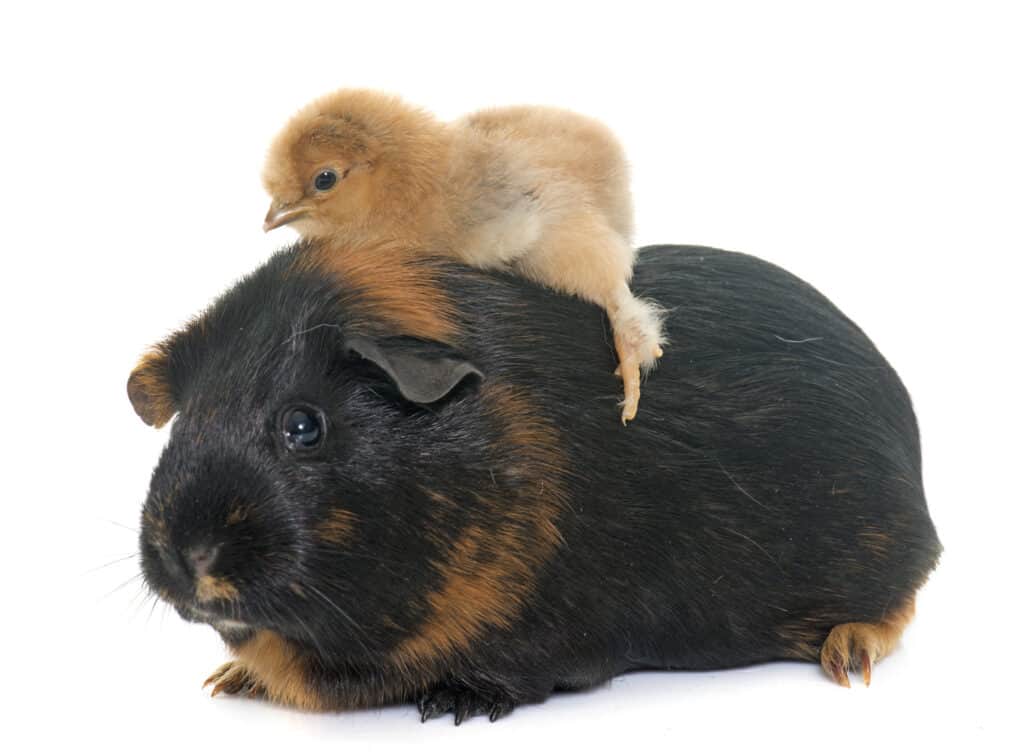
The Evolution of the Guinea Pig
The guinea pig, which is a rodent, is believed to have evolved from wild guinea pigs that were the first members of the caviidae family. This group of rodents is thought to have originated about 5 million years ago in South America.
The cavy, as it is sometimes known, has a small body and large head and feeds on vegetation. Today’s pet guinea pigs are descended from the montane guinea pig that can be found in the Andes Mountains.
The male of the species is called a boar while the female is known as a sow.
Guineas can now be found all over the world as they are very popular pets. They come in many different breeds and colors and make great companions for their owners.
The Guinea Pig Goes Global
The guinea pig is a small, rodent-like mammal that has a long history of domestication.
It is believed to have originated in the Andean region of South America during the 16th century, and was likely brought to Europe by Spanish settlers.
Queen Elizabeth I is said to have kept guinea pigs as pets, and they eventually spread throughout the world.
Today, guinea pigs are popular pets due to their friendly nature and easy care requirements. They are also used in medical research due to their ability to develop scurvy when deprived of vitamin C. This makes them an invaluable tool for testing treatments for this disease.
As a result, the guinea pig has truly gone global – from its origin in South America centuries ago all the way to labs and homes around the world today.
Guinea pigs arrive in Europe
Guinea pigs have been a part of human life for centuries. It is believed that guinea pigs were first brought to Europe in the 16th century as exotic pets, and they quickly became popular. Since then, they have been kept as pets all over the world.
Guinea pigs are known for their friendly personalities and social behaviors, which make them great companions. They are also relatively low-maintenance animals that require minimal care and space.
Guinea pigs are now one of the most popular small pet species in Europe and around the world, thanks to their gentle nature and easy care needs.
Guinea pigs in Britain
Guinea pigs have been a part of British culture since the 17th century. They were originally bred as pets and later used in scientific experiments. Guinea pigs have become popular in the UK, especially as pets.
They are often kept in small cages or hutches, with bedding material such as straw and hay to keep them warm. They need to be looked after properly and given a healthy diet including fresh vegetables and hay.
They can be social animals, so it is best to keep them in pairs or groups if possible. Guinea pigs make wonderful companions for people of all ages and provide great entertainment with their playful personalities.
Guinea Pigs Are Amazing Pets
Guinea pigs are amazing pets! They are native to the Andean region of South America, and make great companions for everyone. Guinea pigs are incredibly friendly, and can be extremely affectionate if you give them enough love and attention.
They also have great personalities, so they’re sure to keep you entertained! They’re relatively low-maintenance pets; they don’t require a lot of exercise or grooming, so they’re perfect for busy people.
Despite their size, guinea pigs can live up to five years with proper care. Guinea pigs also don’t require a large amount of space, so if you live in an apartment or other small area they’ll still do just fine. All in all, guinea pigs make great furry friends!


